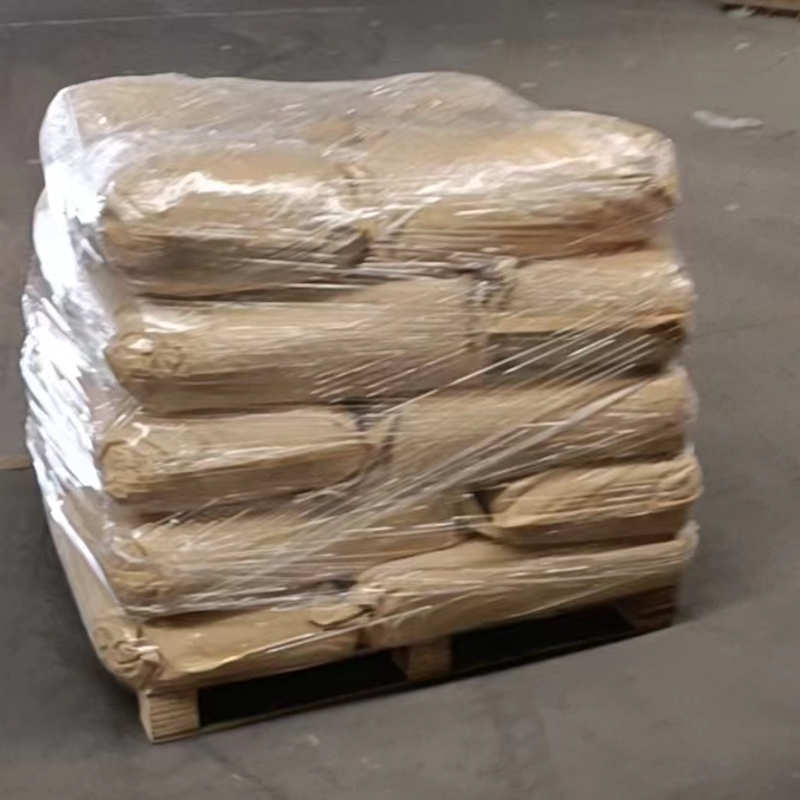-
Categories
-
Pharmaceutical Intermediates
-
Active Pharmaceutical Ingredients
-
Food Additives
- Industrial Coatings
- Agrochemicals
- Dyes and Pigments
- Surfactant
- Flavors and Fragrances
- Chemical Reagents
- Catalyst and Auxiliary
- Natural Products
- Inorganic Chemistry
-
Organic Chemistry
-
Biochemical Engineering
- Analytical Chemistry
-
Cosmetic Ingredient
- Water Treatment Chemical
-
Pharmaceutical Intermediates
Promotion
ECHEMI Mall
Wholesale
Weekly Price
Exhibition
News
-
Trade Service
On October 15, British media reported that more than 10,600 attacks in the year since the coalition bombed had not seriously affected the war coffers of the Islamic State of Iraq and the Levant (IS), which generates $500 million a year in oil products
.
Production data from oilfield workers shows that in IS-controlled areas, oil production ranges from 34,000 to 40,000 barrels per day, generating up to $1.
53 million
per day.
Senior Western diplomats and intelligence officers say IS's oil business remains buoyant after the coalition's repeated bombings of IS's refineries and pipelines, highlighting the challenges its adversaries face
in weakening its power.
It was a high-profile admission of defeat
for the U.
S.
-led strike on IS.
Senior officials in the coalition, Europe, the Middle East and Washington say IS has adapted its approach to airstrikes and operates a network of unpunished trade, taking huge sums of money from oil wells as if it were a national oil company
.
"This year, we estimate they could make $40 million a month from oil," one U.
S
.
official said, "even after the airstrikes.
" ”
Locals close to Syrian oil fields say the oil is now refined through hundreds of small, makeshift facilities, and in some cases the crude is burned
in open-pit mines.
"We failed to destroy their oil revenues as expected," said a senior European intelligence officer, "and whatever we destroyed, they could repair effectively
.
" ”
On October 15, British media reported that more than 10,600 attacks in the year since the coalition bombed had not seriously affected the war coffers of the Islamic State of Iraq and the Levant (IS), which generates $500 million a year in oil products
.
Production data from oilfield workers shows that in IS-controlled areas, oil production ranges from 34,000 to 40,000 barrels per day, generating up to $1.
53 million
per day.
Senior Western diplomats and intelligence officers say IS's oil business remains buoyant after the coalition's repeated bombings of IS's refineries and pipelines, highlighting the challenges its adversaries face
in weakening its power.
It was a high-profile admission of defeat
for the U.
S.
-led strike on IS.
Senior officials in the coalition, Europe, the Middle East and Washington say IS has adapted its approach to airstrikes and operates a network of unpunished trade, taking huge sums of money from oil wells as if it were a national oil company
.
"This year, we estimate they could make $40 million a month from oil," one U.
S
.
official said, "even after the airstrikes.
" ”
Locals close to Syrian oil fields say the oil is now refined through hundreds of small, makeshift facilities, and in some cases the crude is burned
in open-pit mines.
"We failed to destroy their oil revenues as expected," said a senior European intelligence officer, "and whatever we destroyed, they could repair effectively
.
" ”







